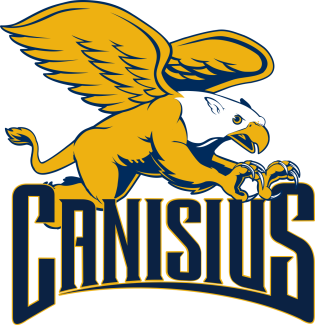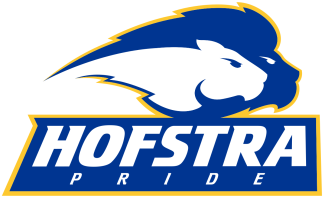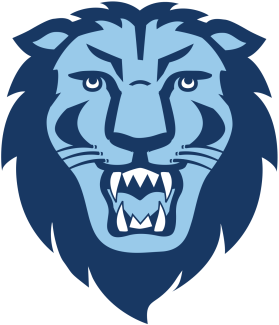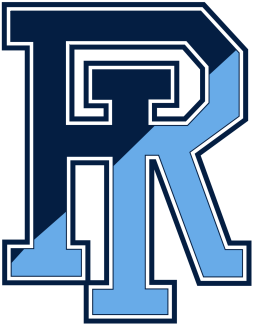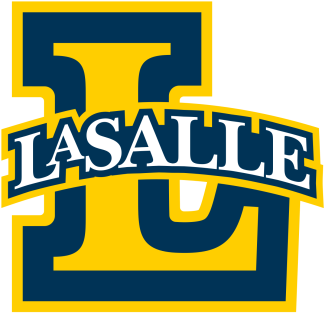To recognize the 20th anniversary of 9/11, we are sharing several stories throughout this week that capture the lives and legacies of the people, families and communities impacted most.
Jimmy Butler evocatively remembers the day.
Navigating his way through the often-brutal Long Island traffic, Butler drove from his Bellport home to Manhasset, where he managed the local Lacrosse Unlimited store. Howard Stern’s deep voice permeated the eerie silence of what became an ominous drive to work.
As Butler rounded a curve on the Northern State Parkway headed west, smoke billowed from over the tree line. Stern, providing play-by-play, reported that one plane, then another, had struck the World Trade Center’s Twin Towers.
“Once I arrived at work, it was just the unknown of everything,” Butler recalled 20 years later. “The second plane, the buildings going down, you’re just trying to process it all. Then it starts with, ‘Who was there?’ The phones start going, checking in.”
The ensuing hours were like that of a nightmare. Butler went through his rolodex of lacrosse people and remembered hearing “hours and hours of nothing.” The Manhasset train station, where Long Islanders head in droves for their morning commutes, is a mere 200 feet from Lacrosse Unlimited. Butler vividly remembers seeing people come back far too early from work, covered in ash and soot.
The days and weeks that followed were somber for a prideful community like Manhasset. Butler stumbles as he recalls the funerals and wakes, one after another, that rocked the small town on Long Island’s North Shore.
An adopted member of the Manhasset community, Butler became part of the healing process.
“He was one of the first people to reach out to me,” said Adam Kohart, who lost his brother, Ryan, a former North Carolina captain from Garden City, in the terrorist attack. “The lacrosse community is very small and tight, and he was always there for me.”
Twenty Years Gone
Eamon McEneaney, Cornell’s ‘Wild Irish Rose’
Nyack (N.Y.) Lacrosse and the Power of ‘Staciness’
9/11 Responder Starts Tournament to Honor Fallen
How a Lacrosse Store Provided Safe Haven for 9/11 Grievers
Remembering John Schroeder, 20 Years After 9/11
Abby Bosco Honors Late Father Every 9/11












